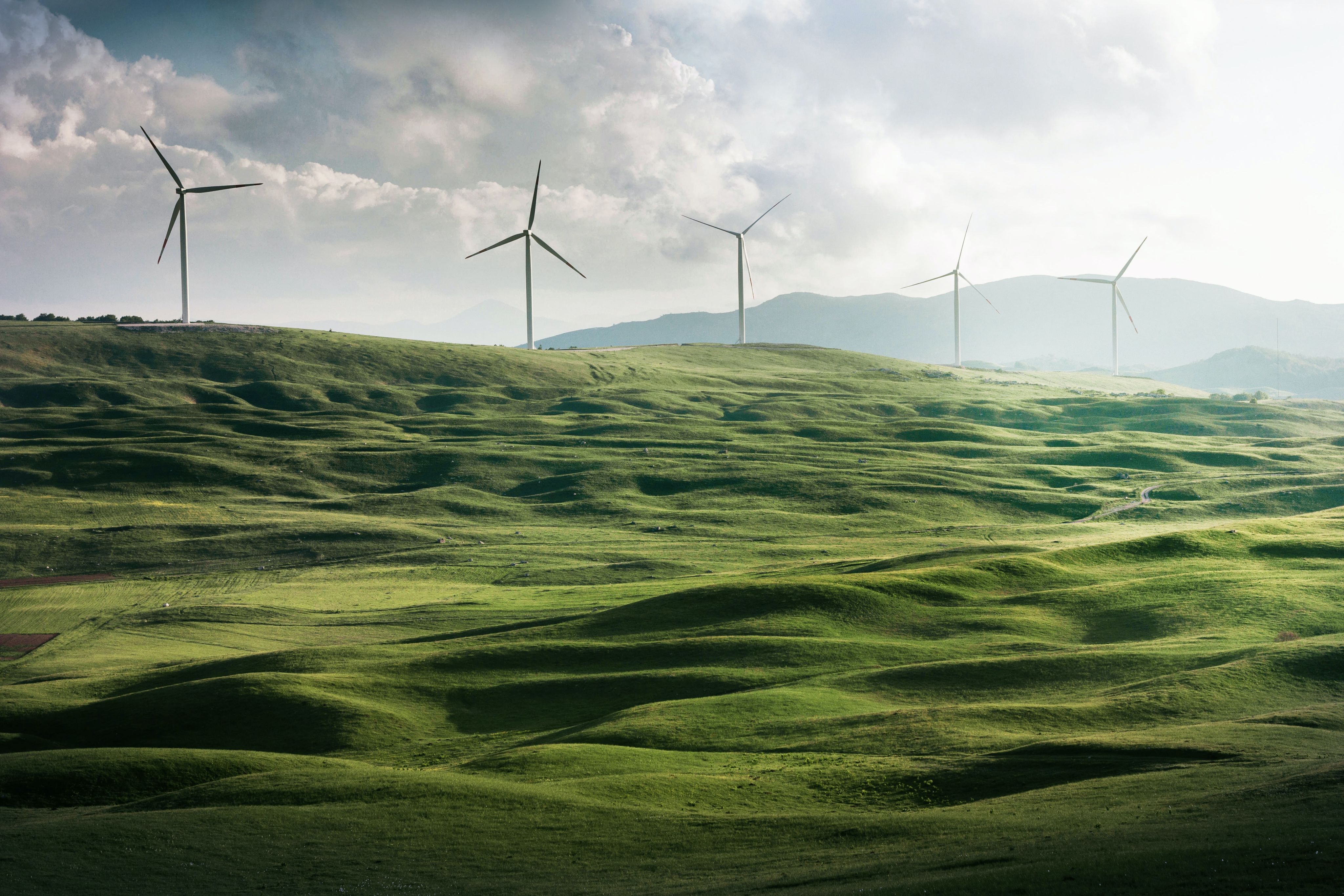New ways to trade green energy
Could UK homeowners trade solar electricity using a peer-to-peer system like Airbnb?
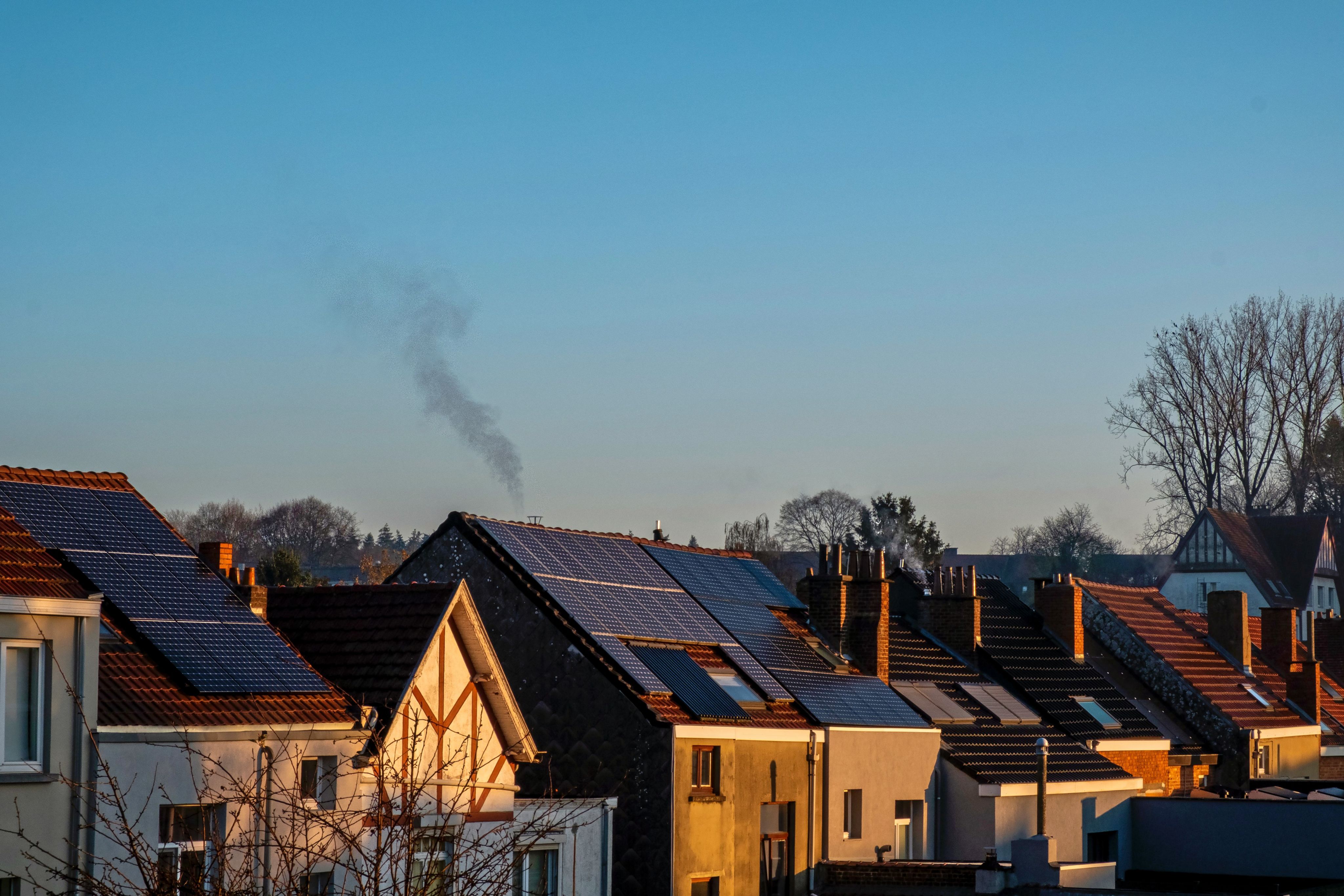
UK homeowners can generate their own electricity using technology like solar panels, and can sell back to the national grid.
But why can’t they sell directly to each other, using what is known as peer-to-peer trading?
UK household adoption of the technology is currently limited (only 2-3% of UK households have solar panels), and there are also regulatory hurdles with consumers tied into contracts with a single electricity supplier, preventing any outside transactions.
However, new research from Dr Michael Fell at the UCL Energy Institute envisions a future beyond these restrictions, where peer-to-peer energy trading is more common using trade systems that are fairly designed to provide the widest possible benefits for consumers, society and the environment.
Why does peer-to-peer energy trading matter?
Currently, homeowners with solar panels can expect to receive roughly five pence per unit for any excess electricity they sell back to the grid. Electricity suppliers, by contrast, charge consumers roughly 30 pence per unit.
Peer-to-peer trading would allow homeowners (both with and without solar panels) much greater control over the costs of their electricity.
Michael explains:
“Let’s say that I had solar panels and you didn’t.
“You’re buying all of your electricity from the grid, I’m buying some of mine and selling some of it back to the grid.
“Instead, I could sell some to you. You would get a cheaper price because I’d be able to sell it to you for less than the grid.
“And I’d be able to get more for what I sell – there are various different methods, but basically, we’d find a price in the middle. It’s financially beneficial for people with or without solar panels.”
Apart from the obvious financial advantages for consumers, a scheme like this would incentivise community energy schemes (where neighbours, or local organisations like schools or hospitals create a ‘mini-grid’) and encourage wider adoption of solar photovoltaics (PV) technologies, helping the UK meet net-zero carbon reduction targets.
“It’s financially beneficial for people with or without solar panels.”
We can also incorporate lessons learned in grid management from Australia, where roughly a quarter of homes generate electricity using solar PV, and reduce the costs and technical challenges involved in revamping our national energy grid as a two-way system.
“The grid was designed to have lots of power coming from the centre, going out. What’s increasingly happening in places like Australia is you’re getting more and more power coming from the edges, which puts pressure on the grid infrastructure.
“If loads of people are all generating power, which is then sent up the grid through the substation, it can overload it.
“So if you could have a situation where other people local to that substation who haven’t got solar were incentivised to use more power when there was that abundance, they could relieve pressure on that substation.”
This strategic power distribution could be carried out at the point of consumption, via smart devices such as electric vehicle chargers and internet of things (IoT)-enabled appliances.
However, a system that offers savings to those with the luxury to choose when they use their appliances runs the risk of further entrenching social inequalities.
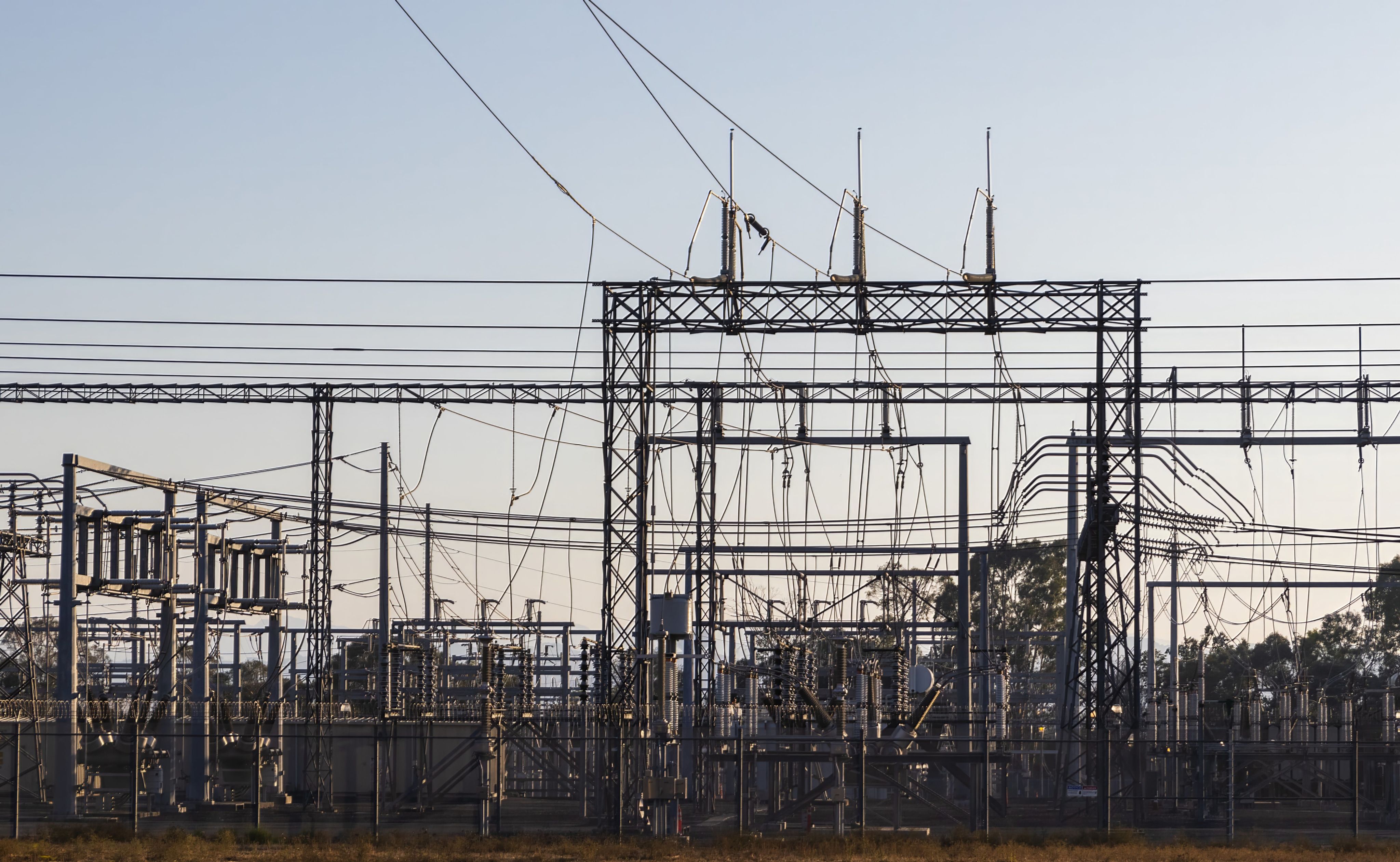
The psychology of energy trading
“There are really great opportunities in this whole area. But we’ve got strong reason to believe that it will be much more beneficial for some than others.”
Michael has spent several years examining the ways inequality is becoming an issue for our energy systems. Even before 2022’s energy crisis and runaway electricity and gas costs brought such concerns to the fore, he was exploring the implications of smart energy systems and flexibility capital in his 2019 report, written with co-author Gareth Powells.
Michael has since produced a series of papers exploring this area. His most recent work is an experimental analysis, using surveys to ask a range of different population sub-groups about their likely trading decisions in a theoretical peer-to-peer (P2P) trading scheme.
The results suggest that people will offer better prices to their friends and family, suggesting your chances of benefiting could, at least in part, be down to who you know.
Michael has also used some new methods drawing additional evidence to his findings.
‘Watts the Deal?’
Michael and his team created the ‘Watts the Deal?’ board game in 2020. Initially intended as a physical tabletop model to help communicate peer-to-peer energy trading concepts more effectively to stakeholders, the game quickly took off as a fun way to explore the interactions that might occur in a real-life energy trading system.
“Part of the interest in doing research with the game is to provide a way of triangulating the survey data with a different collection method.
“When you’re collecting survey data about people’s stated intentions, you never know necessarily that they’ll act like that in practice – although it’s a good indication of how people would like to act, so it’s still useful.”
“It’s like you’re running a very basic computer model. You’ve got a set of rules. And the people running it are the human agents, making the decisions.
“We’ve had really good feedback, people have found it fun to play. Actually, we’ve had quite a few noise complaints – not sure how to take that, but people seem to enjoy it.”
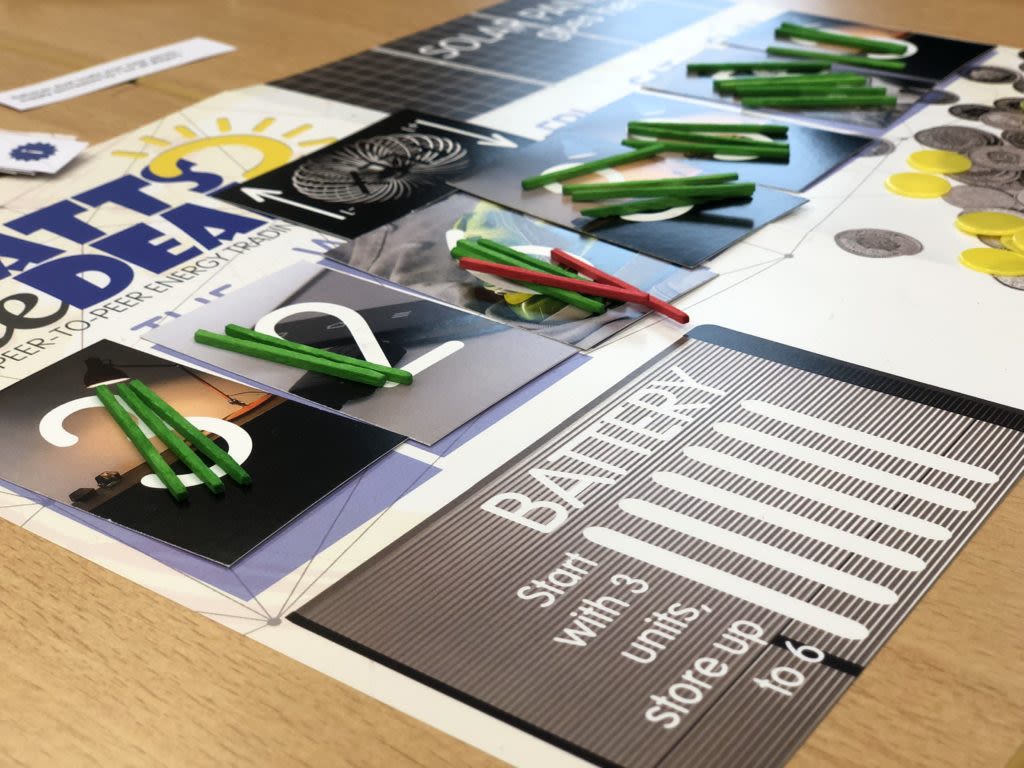
Learning lessons from Airbnb
Another line of inquiry followed by Michael and his team draws evidence of the impacts of peer-to-peer energy trading from Airbnb - a business model that has proved both wildly successful and controversial.
There are numerous parallels between Airbnb and the proposed working models for P2P energy trading schemes.
Both allow independent ‘prosumers’ to leverage their under-utilised resources in peer-to-peer interactions, on a collaborative, independently governed digital platform that leverages a range of different technologies.
Using Airbnb as a model also allowed the UCL team to take advantage of the extensive body of research already published around the multiple socio-economic, cultural and behavioural impacts created by Airbnb.
Protecting equitable energy
Michael believes that identifying these potential pitfalls for P2P energy trading during the early stages could provide many benefits further down the line – for both consumers and society’s battle against the climate crisis.
“A lot of my work is going to be asking, ‘how can we ensure that as many people as possible can offer flexibility to the grid and benefit from it?’
“Because if you don't try and widen who gets to benefit, you risk not getting as much of the flexibility you need to run the system economically. Then you have to build massive new systems.
“Also, if you're starting to leave people out of the benefits of net zero, then net zero becomes a more fragile ambition. Especially if political parties start to see advantages in letting aspects of it slip, under the guise of concern about the impacts it’ll have on some people.”
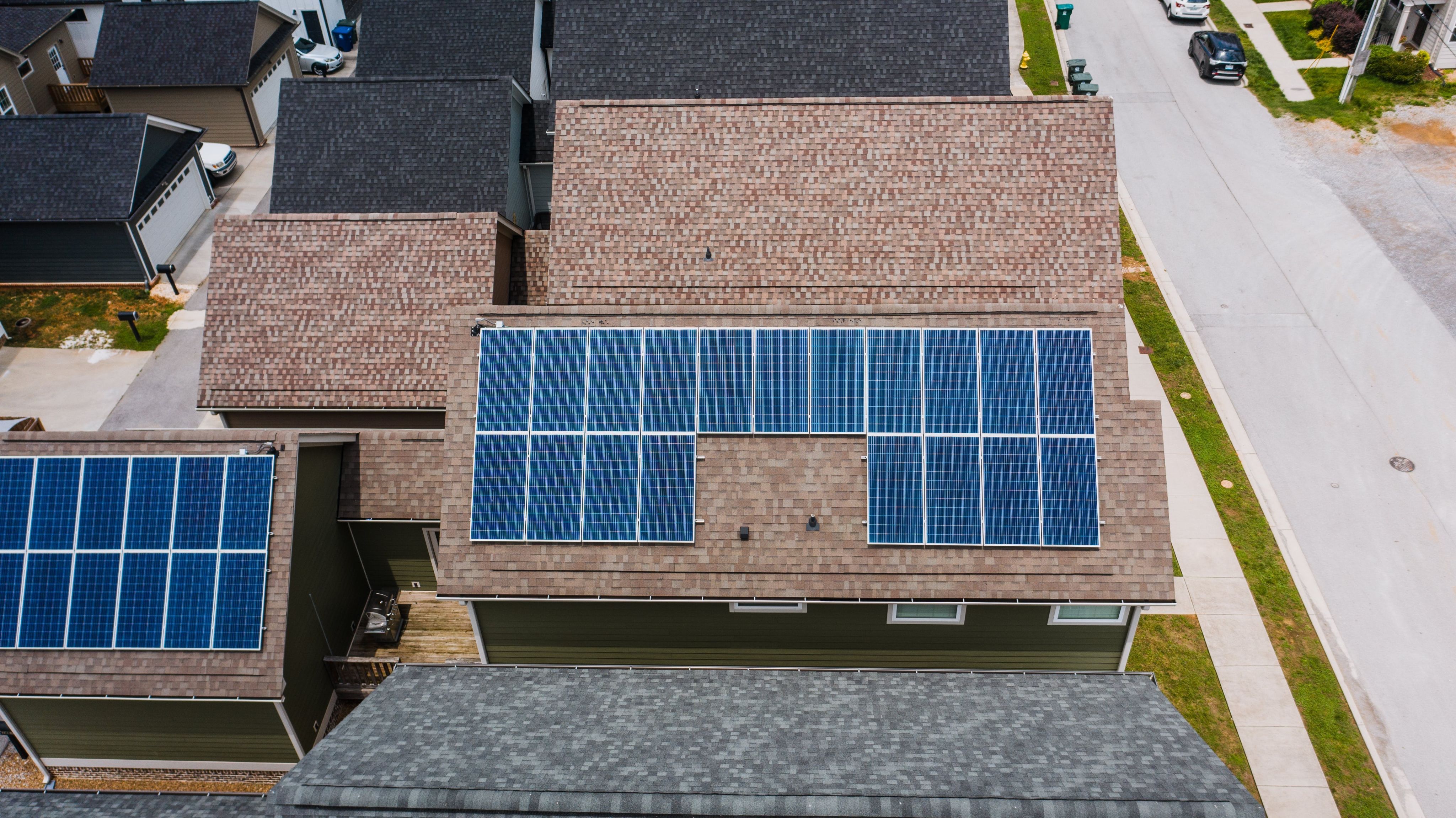
“If you're starting to leave people out of the benefits of net zero, then net zero becomes a more fragile ambition”
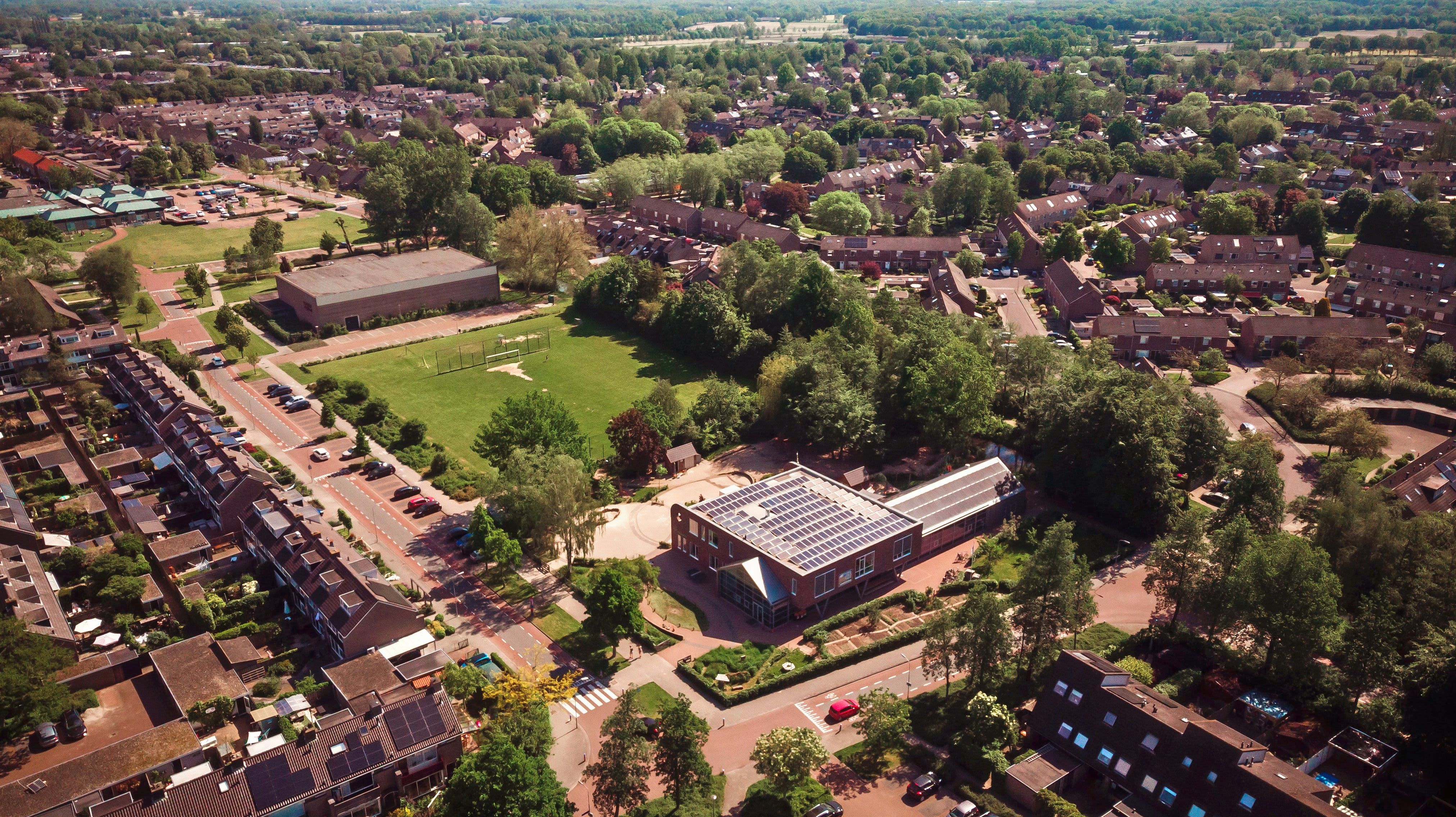
About the author
Dr Michael Fell
Senior Research Fellow, UCL Energy Institute
Michael Fell is a senior research fellow at UCL Energy Institute. His work focuses on social aspects of energy use, in particular people's desire and ability to provide flexibility in electricity systems by changing usage patterns.
Learn more about the global energy transition
The UCL Energy Institute offers world-leading undergraduate, Master's and PhD degrees that prepare our students for careers in energy demand, and energy economics and policy.
Story produced by All Things Words
© UCL The Bartlett 2023





